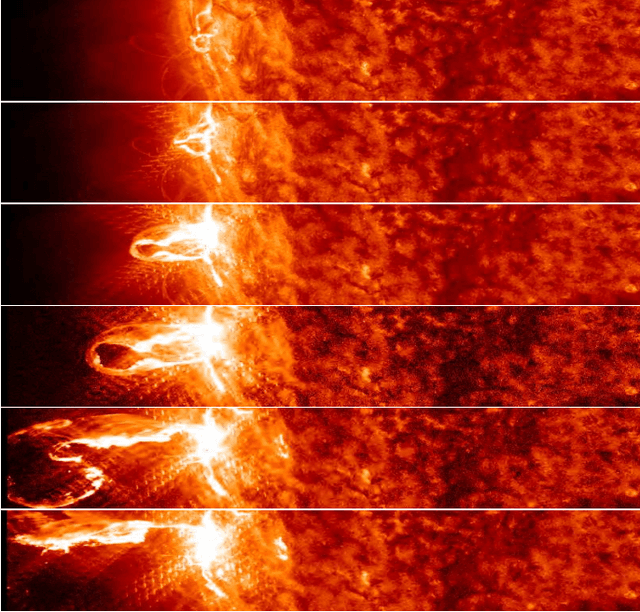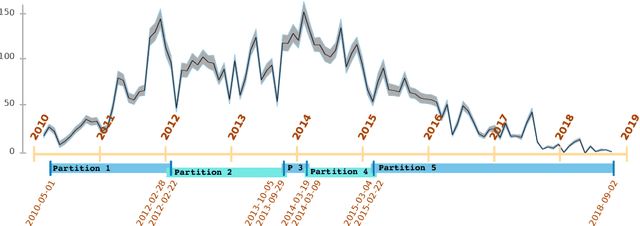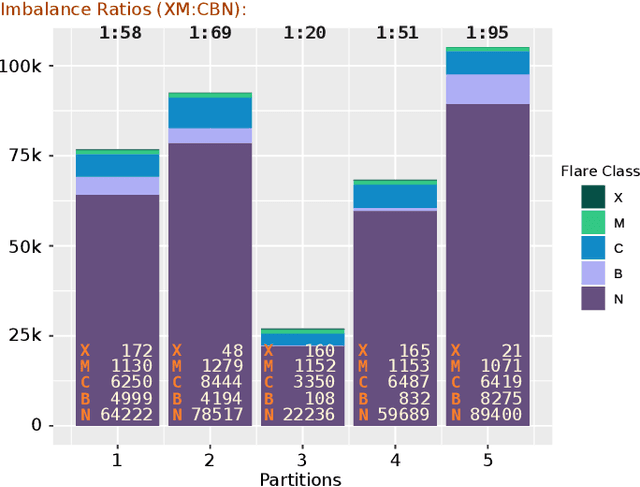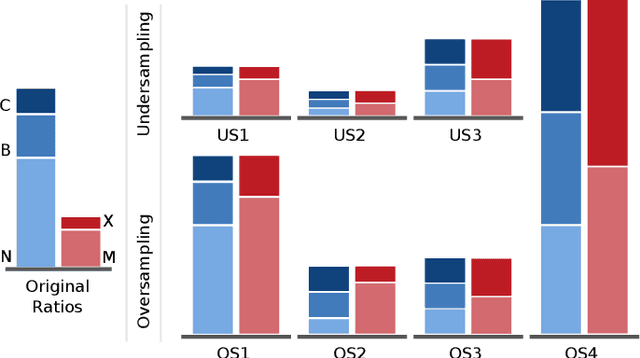Challenges with Extreme Class-Imbalance and Temporal Coherence: A Study on Solar Flare Data
Paper and Code
Nov 20, 2019



In analyses of rare-events, regardless of the domain of application, class-imbalance issue is intrinsic. Although the challenges are known to data experts, their explicit impact on the analytic and the decisions made based on the findings are often overlooked. This is in particular prevalent in interdisciplinary research where the theoretical aspects are sometimes overshadowed by the challenges of the application. To show-case these undesirable impacts, we conduct a series of experiments on a recently created benchmark data, named Space Weather ANalytics for Solar Flares (SWAN-SF). This is a multivariate time series dataset of magnetic parameters of active regions. As a remedy for the imbalance issue, we study the impact of data manipulation (undersampling and oversampling) and model manipulation (using class weights). Furthermore, we bring to focus the auto-correlation of time series that is inherited from the use of sliding window for monitoring flares' history. Temporal coherence, as we call this phenomenon, invalidates the randomness assumption, thus impacting all sampling practices including different cross-validation techniques. We illustrate how failing to notice this concept could give an artificial boost in the forecast performance and result in misleading findings. Throughout this study we utilized Support Vector Machine as a classifier, and True Skill Statistics as a verification metric for comparison of experiments. We conclude our work by specifying the correct practice in each case, and we hope that this study could benefit researchers in other domains where time series of rare events are of interest.
 Add to Chrome
Add to Chrome Add to Firefox
Add to Firefox Add to Edge
Add to Edge